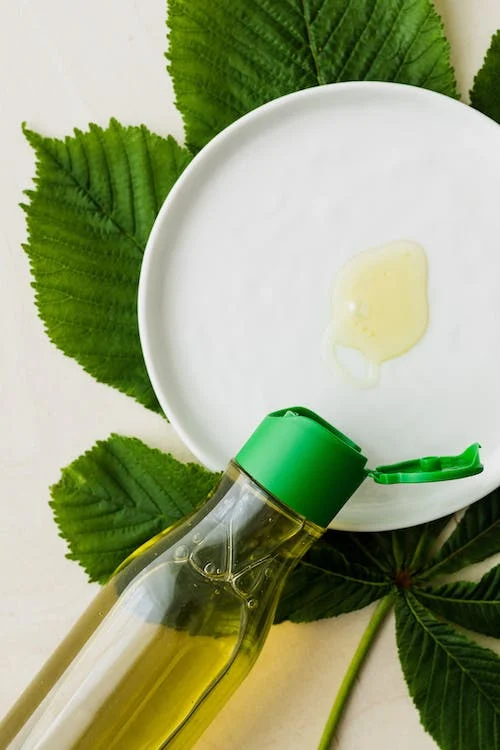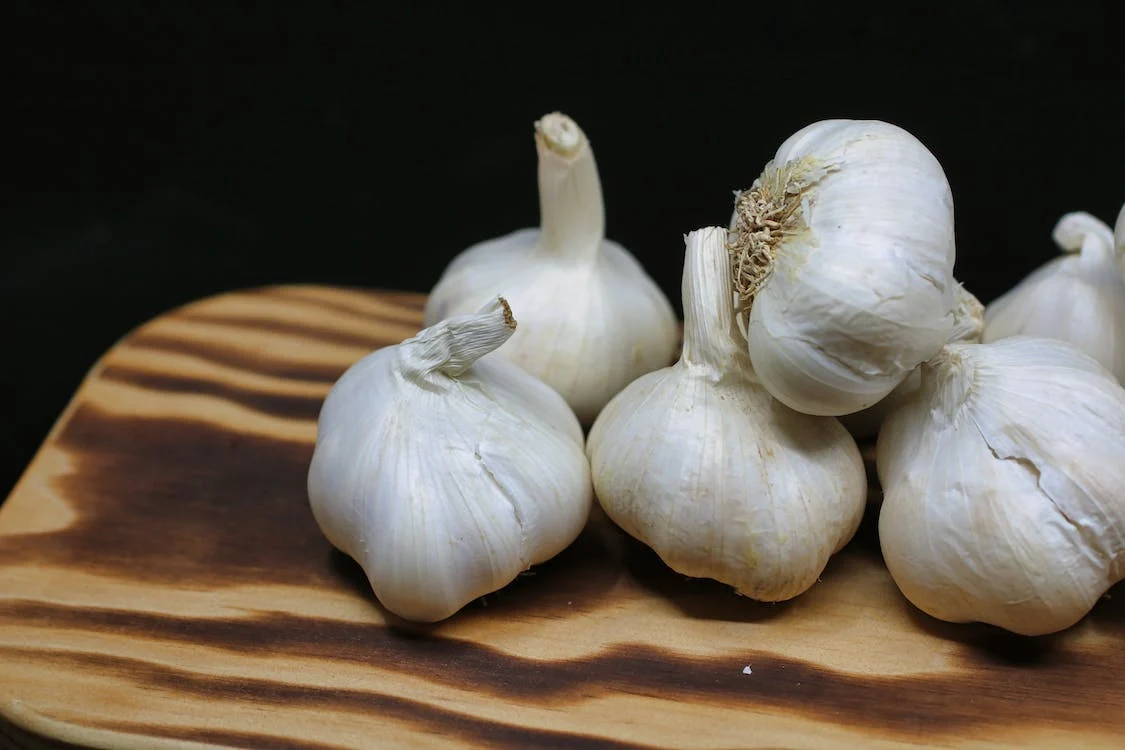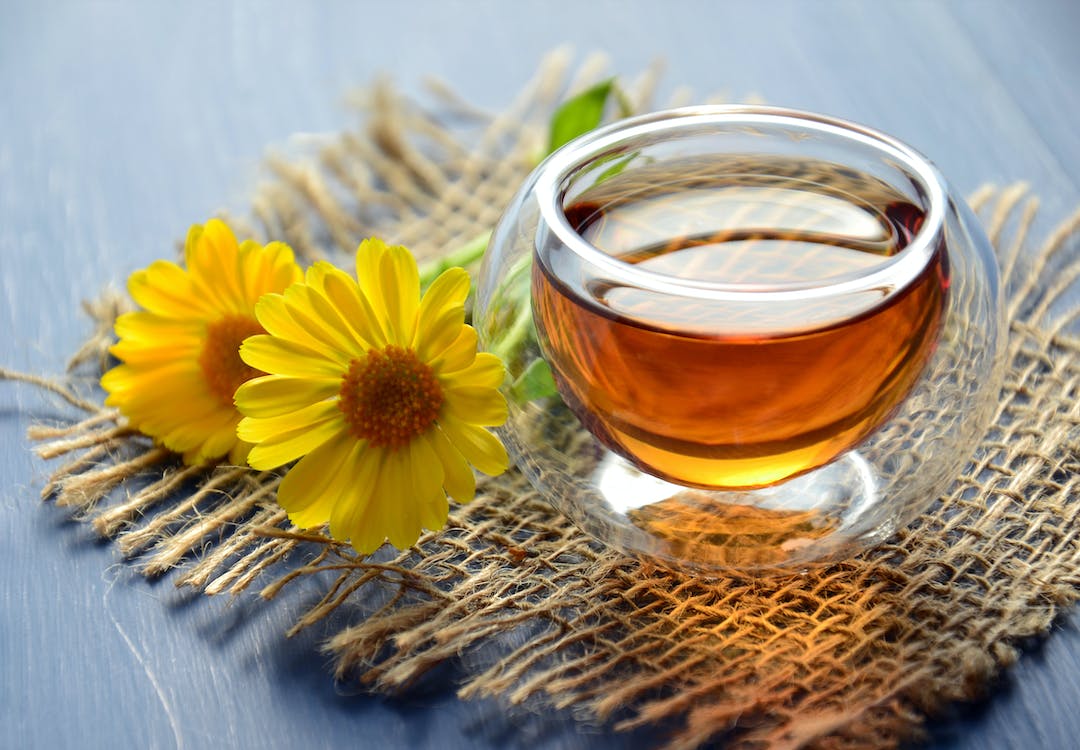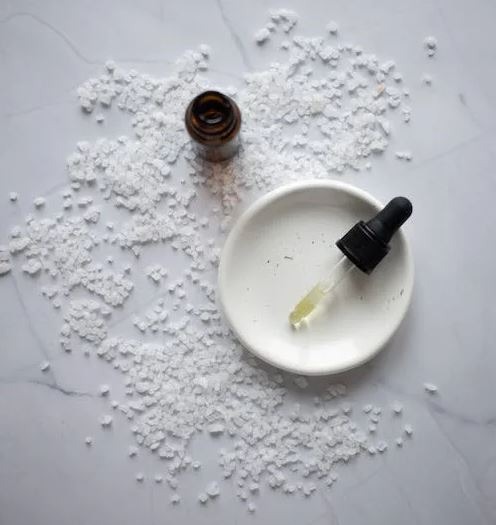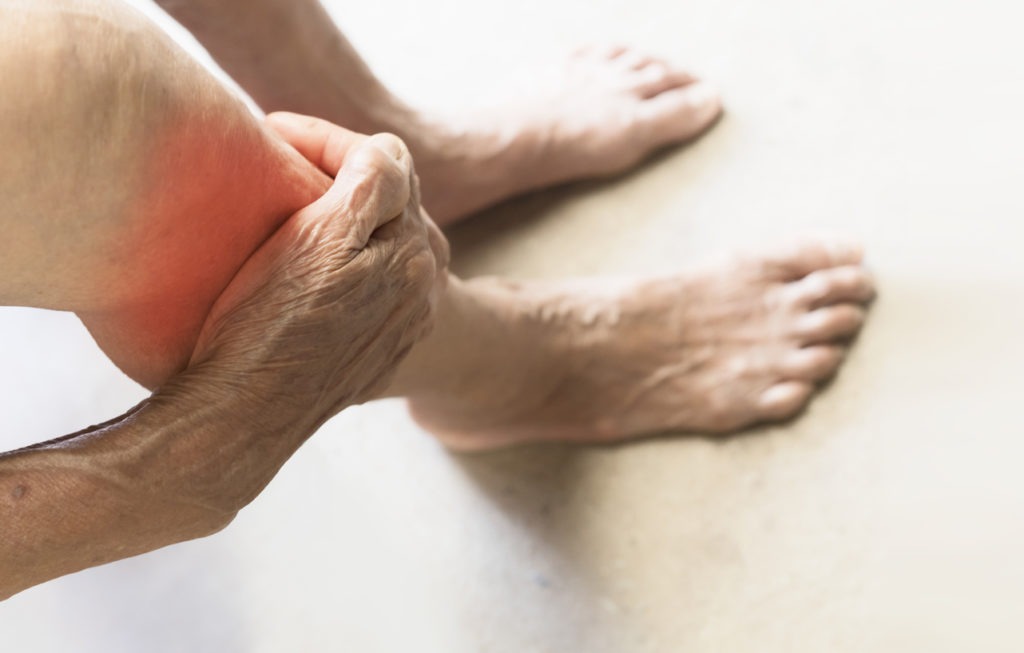Inflammation is a normal and healthy response from your body, but there are times when inflammation becomes chronic and causes unnecessary pain and discomfort. For people dealing with chronic inflammation, anti-inflammatory creams are often prescribed to provide relief. However, many people would prefer to treat their inflammation naturally, without the use of pharmaceuticals.
If you’re looking for natural alternatives to anti-inflammatory creams, you’re not alone. With more and more people seeking natural solutions to common ailments, the demand for natural alternatives to common anti-inflammatory treatments is growing.
In this post, we investigate some natural anti-inflammatory treatments to see if they’re a viable alternative to the creams and medications prescribed by doctors. It outlines why people might consider natural alternatives, the top natural alternatives to anti-inflammatory creams, how to use them properly, and lifestyle changes that can also reduce inflammation. This information can help you make a more informed decision about what’s better for you.
Why Consider Natural Alternatives To Anti-inflammatory Creams?
Anti-inflammatory creams can provide relief from pain and inflammation. However, they can also contain chemicals that could cause potential harm or side effects if used in excess or improperly. And, some of these effects may be too strong for certain skin types, leading to an adverse reaction. Natural alternatives are considered as a safer option since they have fewer known side effects and are less likely to cause serious issues.
Advantages of Using Natural Alternatives
Natural alternatives may vary in ingredients and preparations, but generally offer an array of advantages. These include:
- Natural anti-inflammatory alternatives are more affordable than over-the-counter or prescription anti-inflammatory creams.
- Readily available with many ingredients commonly found in most homes.
- Offer a more holistic approach to pain and inflammation management by addressing the root causes of inflammation.
- They are gentle on your skin and are free from harsh chemicals.
- You can customize the ingredients depending on the type of inflammation or pain you are experiencing.
- They also have fewer side effects as compared to prescription or over-the-counter creams.
Top Natural Alternatives To Anti-inflammatory Creams
Anti-inflammatory creams are popularly used for inducing relief from inflammation and discomfort. While such creams are generally considered safe, anyone looking for alternatives should consider the advantages of natural substances that offer benefits similar to anti-inflammatory creams. The following is a list of the top natural alternatives to anti-inflammatory creams and how to use them to reduce inflammation and deal with other common skin related issues.
Garlic
Garlic is a powerful antioxidant that helps reduce inflammation and is widely used as a natural remedy for pain relief, especially when dealing with osteoarthritis and rheumatoid arthritis. The compounds in garlic help reduce inflammation by increasing blood flow and preventing swelling. It can be consumed raw or cooked, but it is more effective when crushed or lightly sautéed before consuming. You can also apply it directly to affected areas as a topical treatment for inflammation.
Turmeric and Ginger
Both turmeric and ginger contain anti-inflammatory compounds that help reduce pain and swelling. Turmeric contains an active ingredient called curcumin that has powerful anti-inflammatory properties and has been studied extensively in recent years. Ginger also has anti-inflammatory properties and is a good analgesic agent, meaning it can help relieve pain. Both turmeric and ginger can be added to food, taken as supplements, consumed as tea, or applied topically as a paste for pain relief.
Omega-3 Fatty Acids
Omega-3 fatty acids have anti-inflammatory properties and are known to reduce pain associated with inflammatory conditions such as arthritis and gout. Including this fatty acid into your diet can help prevent and reduce inflammation when taken regularly. Omega 3 supplements are readily available in pill form. But if you want to obtain it through diet, start consuming food like salmon, walnuts, flaxseed, chia seeds, and hemp seeds as they are good sources of omega 3 fatty acids.
Boswellia
Boswellia is an herbal remedy derived from the resin of the Boswellia carteri plant. It has been used for centuries as an anti-inflammatory remedy. Some studies have shown it can be effective in treating joint pain and reducing swelling associated with arthritis. It is known for its anti-inflammatory properties and its ability to reduce pain associated with osteoarthritis, rheumatoid arthritis, bursitis, tendonitis and other inflammatory conditions. You can take it internally as an extract or apply topically as a paste or ointment to treat inflammation in the affected area.
Arnica
Arnica is another herb that has been used for centuries as an anti-inflammatory remedy. It is commonly used in ointments and creams for its anti-inflammatory properties. Its active ingredient helenalin helps reduce pain and swelling associated with injuries and arthritis. It can also reduce muscle soreness after exercise or injury. You can apply Arnica gels and ointments directly onto the skin several times daily. Just be careful not to get it directly on open wounds or broken skin as it may cause mild burning sensations.
Aloe Vera
Aloe vera is known for its soothing properties, making it an effective topical treatment for inflammation caused by sunburns, insect bites and minor skin irritations like eczema or psoriasis. The gel from aloe vera leaves contain anti-inflammatory compounds which help reduce pain, swelling and redness when applied directly to the skin or taken orally in supplement form. It can also be consumed raw but should not be taken in large doses as this can have a laxative effect on your body.
Chamomile
Chamomile is also rich in anti-inflammatory compounds, making it ideal for relieving muscle spasms, swelling, and pain caused by joint stiffness. You can apply it directly to the affected area or take orally in tea or supplement form. The plant also has calming effects making it ideal for treating stress related aches, pains, migraines, digestive issues, insomnia, anxiety, depression, etc.
Epsom Salt
Epsom salt is used in baths at home to relax muscles and restore magnesium levels which can help reduce inflammation. Its active ingredient magnesium sulfate helps promote blood circulation and relax muscles when dissolved in warm bath water. This type of bath may provide relief from joint pain caused by arthritis by restoring electrolyte balance. To make Epsom salt bath, dissolve two cups of Epsom in a bathtub filled with warm water and submerge your aching feet or body. Soak for 10 to 15 minutes for best results.
Capsaicin
Capsaicin, derived from chili peppers, has a powerful analgesic and anti‐ inflammatory action. It is used topically for muscle and joint pain. It acts as an irritant on the skin to increase blood flow and reduce swelling. However, you should use it carefully as it can cause skin irritation if misused. It is a great remedy to decrease pain and inflammation in chronic conditions such as osteoarthritis and rheumatoid arthritis.
How To Use Natural Alternatives To Anti-inflammatory Creams
Natural remedies have been used for centuries to treat skin ailments of all kinds, including inflammation. The first step in using natural alternatives to anti-inflammatory creams is to determine the cause of inflammation. Common causes include allergies, injury, or infections. Identifying a specific cause of soreness can help you devise a proper treatment plan to address it. Just as knowing the reason for your inflammation can help you choose the right anti-inflammatory cream, it can also help you select the right natural remedy for the problem.
Preparation and Application of Common Natural Remedies For Inflammation
Once you know the cause of your inflammation, you can either consume the natural remedy for it or apply it topically to the affected area. For consumption, you can create a tea or infusion with anti-inflammatory herbs. Some remedies can also be consumed raw or cooked with food. For topical applications, use directly or create a balm or oil blend with calming ingredients. Here are some other tips on preparation and application of common natural remedies for inflammation:
- Apply a cold compress directly to the affected area for soothing relief from swelling, pain, and itching.
- Soak in an Epsom salt bath to reduce swelling.
- Taking ginger supplements or drinking ginger tea can help reduce inflammation.
- Eat garlic as it has antioxidant and anti-inflammatory properties which are helpful in addressing various ailments.
- Drink chamomile tea to reduce stress and promote relaxation.
- Apply aloe vera gel to the affected area for a soothing relief from itching and irritation.
Possible Contraindications and Side Effects
Most natural remedies are safe when used correctly, but they may have contraindications if used alongside prescription medications or if you have an allergy or sensitivity to certain herbs. It is important to talk with your doctor before using any herbal remedies, especially if pregnant or nursing. Additionally, you should stop using any remedies if you experience an allergic reaction or adverse side effects including skin irritation or rash.
Lifestyle Changes To Reduce Inflammation
In addition to natural alternatives to anti-inflammatory creams, making lifestyle changes can also help reduce inflammation and promote your overall well-being. Some ways to steer your lifestyle towards healthy direction include:
Anti-Inflammatory Diet
One way to reduce inflammation is to follow an anti-inflammatory diet filled with fruits, vegetables, nuts, seeds, healthy fats, fish, and pasture raised eggs. Eating a diet rich in minerals, healthy fats, and lean proteins can reduce the levels of systemic inflammation in the body, which can result in less discomfort and pain associated with inflammatory conditions.
It’s also recommended to avoid processed foods and refined carbohydrates as they can contribute to inflammation. You can also incorporate spices such as turmeric and ginger into your foods as they may help provide relief from chronic pain.
Exercise and Physical Activity
Physical activity is another way to naturally keep inflammation at bay. Regular exercise such as walking, cycling or swimming helps increase circulation throughout the body, which can help reduce inflammation in joints and muscles.
It’s best to start slowly at first and build up gradually over time until you reach your desired activity level. You can also consider activities such as brisk walking, yoga or tai chi, anything that gets your blood pumping. This is how athletes fight off chronic inflammation. Speaking of athletes, ever wondered what are the odds of becoming a professional athlete? Here is the breakdown according to the NCAA!

Stress Reduction Techniques
Chronic stress can lead to increased levels of cortisol in the body which can contribute to increased levels of inflammation. Stress reduction techniques such as meditation, deep breathing exercises and mindfulness activities can help address discomfort caused by stress hormones such as cortisol.
It is important to find healthy ways of managing stress such as meditation, yoga or journaling which can help bring balance back into your life. Take time out each day, even if it’s 10 minutes of deep breathing to help calm your body and mind. It can work wonders not just for chronic inflammatory conditions, but also for improved overall health.
Conclusion
Using natural alternatives to anti-inflammatory creams can help you manage uncomfortable inflammatory symptoms without relying solely on medications. They are generally safe to use and have little to no potential side effects. Plus, they are readily available and less expensive than traditional anti-inflammatory treatments.
However, it is important to combine use of natural remedies with healthy lifestyle habits such as eating a healthy diet, engaging in physical activity and practicing stress reduction techniques. Combined together, these can help you achieve lasting relief while promoting wellness in all areas of life, be it physical, mental, emotional, or spiritual!
Lastly, always speak with your doctor before using any natural remedy. While they are generally safe, some contraindications may exist when combined with prescription medications. Or you could have unique allergies or sensitivities to one or more ingredients used in these remedies.

